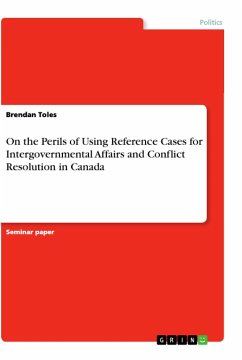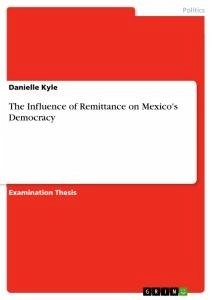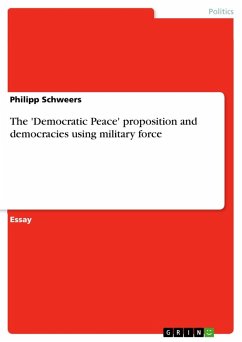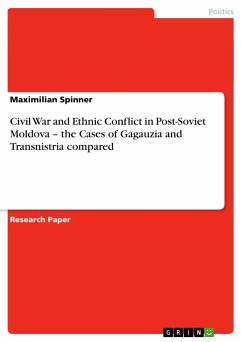Seminar paper from the year 2018 in the subject Politics - International Politics - General and Theories, grade: 1,0, York University, course: Politics, Law, and the Courts, language: English, abstract: This paper focusses on the perils of using reference cases for intergovernmental affairs and conflict resolution in Canada. Over the course of politicking amongst Canada's many jurisdictions, namely among the provinces and the federal government, there are times when they become stranded in their irresolution on certain matters of great controversy. In some of these moments, the disputant governments turn to Canada's judicial wing by launching 'reference cases' for the courts to deliver advisory opinions on a given set of matters. It is hoped that these judicial opinions, typically those from the Supreme Court of Canada, will break the inertia of the governments on the issues at hand, although it often entails one or more of the parties leaving the courtroom less than satisfied.Three of the most critical reference cases in Canadian history deal specifically with intergovernmental relations, those being the Patriation Reference (1981), the Quebec Veto Reference (1982), and the Quebec Secession Reference (1998). They are also the most representative of why resorting to the courts to effectively arbitrate on contentious political matters between governments is inadvisable. In the courts' endeavour to provide coherent answers on the complex political issues they are presented with, they greatly risk mishandling these cases which can seriously aggravate relations among the provinces and the federal government.Aside from the potentially dire consequences for Canadian unity that using reference cases for intergovernmental relations and conflict resolution carry, the advice the courts deliver in these cases can be manipulated by governments and have effects that the courts may never have expected or intended, further reinforcing the danger of these reference cases.
Hinweis: Dieser Artikel kann nur an eine deutsche Lieferadresse ausgeliefert werden.
Hinweis: Dieser Artikel kann nur an eine deutsche Lieferadresse ausgeliefert werden.








